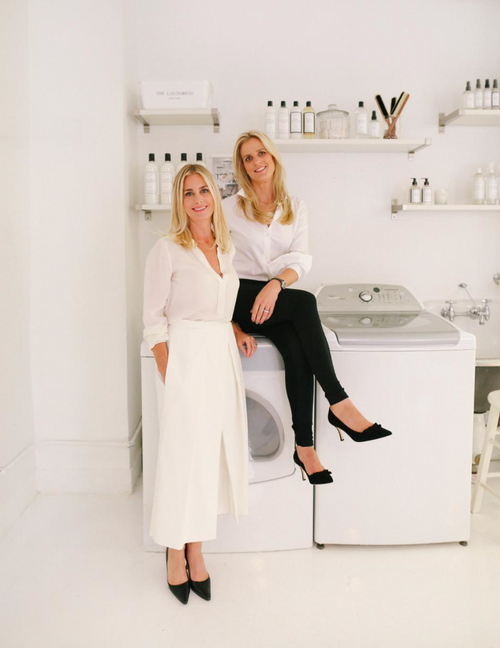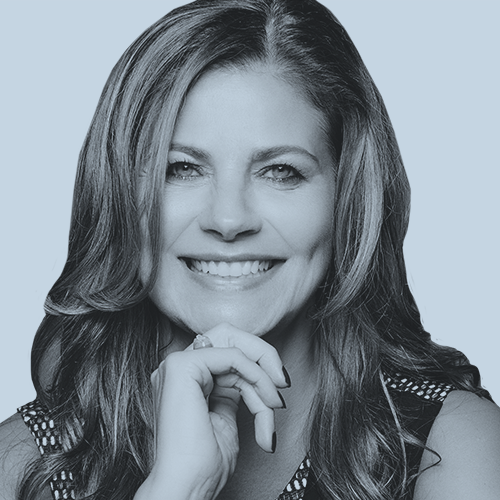
Six Senses & Sustainability
Neil Jacobs, the CEO of Six Senses Hotels Resorts Spas, is leading the way in sustainable hospitality.
YOU HAVE HAD AN ILLUSTRIOUS CAREER IN THE HOTEL BUSINESS HOLDING SENIOR ROLES AT THE FOUR SEASONS, STARWOOD CAPITAL AND OTHERS. WHAT MADE YOU WANT TO JOIN SIX SENSES AT THE TIME WHEN IT WAS AN INDEPENDENT AND SMALLER HOTEL GROUP THAN YOUR PREVIOUS COMPANIES?
Having had a career in luxury hospitality, I’d reached a point in my life where I felt that luxury hotels had become homogenous and it was difficult to differentiate one from the other. At that time, luxury was a word that was starting to have negative connotations about being self-absorbed. I felt it was time to turn things upside down and be involved with a small group that had a strong narrative and a defined purpose beyond just a beautiful building, great service, good food and a comfortable bed. Six Senses has that DNA and future potential.
WAS SIX SENSES’ BRAND ALWAYS FOCUSED ON WELLNESS AND SUSTAINABILITY OR HAS IT SHIFTED MORE IN THAT DIRECTION SINCE YOU BECAME THE CEO?
Six Senses has been talking sustainability for 25 years, long before it was fashionable. We have just continued that trajectory and attempted to up the game with quantifying results. Our sustainable fund in each property is to be spent in the jurisdiction where the money is earned, keeping efforts professional but local. Standards have been created and right now we’re focused on a Plastic Free 2020.
We have always been very good at running spas and have had a great international footprint. But in the last 7 years we have radically deepened our agenda around wellness, an initiative that is driven by Anna Bjurstam, my business partner, who heads all things wellness-related with her fabulous team.
We’re a different company today than we were in 2012 when the company was acquired by Pegasus Capital.
SIX SENSES HAS BEEN NAMED THE ‘BEST HOTEL BRAND IN THE WORLD’ BY TRAVEL & LEISURE 3 YEARS IN A ROW, FROM 2017 TO 2019. TO WHAT DO YOU ATTRIBUTE THIS SUCCESS?
I believe this is success is a result of our demonstrating a strong narrative around wellness and sustainability, alongside amazing destinations, both resort and urban. It is also a result of our providing interesting, emotionally-charged activities within the environment of fantastic hosts ( employees ) who believe in our culture and the good we wish to impart on the world.
HOW DO YOU DEFINE SUSTAINABILITY WITHIN THE HOTEL AND HOSPITALITY SECTOR?
This is a difficult question. I believe the answer includes having a thoughtful approach to the built environment, renewable energy, operational practices, community outreach and continual employee education. I think it is about industry doing as much as it can. Even the small stuff makes a difference.
PLEASE DESCRIBE SIX SENSES’ APPROACH TO SUSTAINABILITY. WHAT ARE SOME EXAMPLES OF SIX SENSES’ SUSTAINABILITY PRACTICES?
We do a lot to support sustainability. One half of one percent of our total revenue is allocated to local sustainable activity, both internally and externally, so we are all about fostering sustainable practices.
Our current focus is an initiative called, “Plastic free 2020.” All properties have taken inventory of every plastic item on site and they are systematically eliminating them. We’re at around 40% now of what we used previously, so it is trending well. No plastic water bottles or imported water is to be found at Six Senses . We make our own water with sophisticated and hygienic RO plants. The same is true about straws and bathroom amenity bottles – no more plastics are used. We keep organic gardens on each property and we grow a lot of our own food. And we strictly control which materials are used in new builds. We also keep animals in many places. For example, chickens and ducks for organic egg production, goats and cows for milk and cheese. We even keep camels in a couple of places. We are also focused on marine life, including reef and manta ray conservation. There are relevant community outreach programs on each location generally focused on sustainable issues and practices.

WHAT ARE SOME FIRST STEPS A HOSPITALITY BUSINESS CAN TAKE TO IMPROVE ITS SUPPORT OF SUSTAINABILITY?
Every business can have an impact on reducing or eliminating the use of plastic. Straws are an obvious first example. Plastic amenity bottles as well – replace them with refillable. I.H.G. is following this direction this year and they are estimating to be saving using 200 million plastic bottles a year.
The key thing is to build sustainability into the business’ culture first and foremost. Then sustainable initiatives will come as the employees embrace their goals. My advice is to start small. Build some successes and then the momentum will rise. Like most things in business, it starts at the top with leadership. If senior management genuinely cares, the values will trickle down within the organization.
DURING YOUR TENURE AT SIX SENSES HAVE YOU NOTICED AN INCREASED INTEREST AMONG CUSTOMERS IN THE COMPANY’S APPROACH TO SUSTAINABILITY? WHAT ARE SOME EXAMPLES OF PRACTICES OR ACTIVITIES GUESTS CARE ABOUT MOST?
Yes. The sustainability train has left the station and our guests are generally and genuinely interested in what we do. And whereas in the past most activity was kept in the so-called “back of house,” we’re moving things to the front of house to be visible and guest-facing. This includes concepts like our Water Bar where we showcase how the drinking water is made and with what sophisticated equipment; our Earth Lab, another great showcase of our sustainable activities; and our Alchemy Bar where we make tinctures, spa scrubs and more from items grown on property. We also get our guests involved with the animals and at events in the organic garden, and more.

WHEN YOU ASSESS A NEW SITE AND LOCATION FOR A SIX SENSES HOTEL, WHAT ARE SOME OF THE CRITERIA YOU HOPE FOR OR REQUIRE?
A Six Senses site needs to be beautiful – even untouched, if possible. We’re not afraid of building somewhere remote. But the site must be interesting in terms of its climate and geography, with stunning views, not-to-be-disturbed indigenous species, and fauna and flora. We need to build lightly without depleting natural resources. We also look to work with owners who care about sustainability. This is key as – without the owner’s dedication to sustainability – it invites friction around our goals..
SIX SENSES’ BRAND HAS TREMENDOUS MOMENTUM. WHAT ARE YOU MOST EXCITED ABOUT FOR THE COMPANY OVER THE NEXT 2 TO 3 YEARS?
We have fantastic momentum and I’m excited about the many possibilities and opportunities for our hosts to grow and develop and work internationally. We have projects underway in some extraordinary places. Our last of 5 lodges in Bhutan will open on the spring, followed by the Negev Desert in Israel in June. New York will open at the end of the year, which will allow us to demonstrate how Six Sense can bring our values to an urban environment. We are also under construction with a property in Costa Rica and have signed deals in the Galapagos and Belize. All three of these places have a strong sustainability agenda and — in the case of Galapagos — we will be the first global chain to be allowed to operate on the islands. And then, of course, there is Iceland. This property has an extraordinary landscape, with a carbon neutral mission, and it includes a strong beautiful culture and folklore. The destination is remote but very accessible and has lots of potential.

ARE THERE INNOVATIONS OR INITIATIVES RELATING TO SUSTAINABILITY AND WELLNESS THAT YOU PLAN TO IMPLEMENT OVER THE COMING YEAR?
As mentioned earlier, our Plastic Free 2020 project is our current focus. We are also looking at how to better articulate a carbon-offset program in the year ahead. Per wellness, we’re planning to further develop our energy medicine platform. And early next year we will open Six Senses Place, our urban social club concept, which includes a robust wellness platform. And may more initiatives to come.











